Sports
AND, AUSTRALIA, BARCELONA, BARSACQ, BARSAQ, BI, BIANCHEDI, COMMITTEE, DEVELOPMENT, DIANA BIANCHE, DIANA BIANCHEDI, EUROPE, FRANCE, FRENCH FOOTBALL FEDERATION, GENDER EQUALITY, HASSAN, MARIE BARSACQ, MARIE BARSACQ MARIE BARSACQ, MILANO CORTINA, NANCY GILLEN, NATIONAL, OCEANIA, OLYMPIC GAMES, OLYMPICS, PARIS, PARIS 2024 OLYMPICS, SI, SIFAN HASSAN, SPAIN, STADE DE FRANCE, SYDNEY
Dante Raeburn
Closing the Gender Equality Gap: Insights from Paris 2024 and Milano Cortina 2026
Paris 2024 marked a historic milestone for gender equality by achieving athlete parity, emphasizing female representation in sports. Leaders Marie Barsacq and Diana Bianchedi advocate for continued initiatives to empower women and enhance opportunities. Milano Cortina 2026 aims for increased female athlete participation and leadership, while creating inclusive environments and promoting equitable media representation.
The Paris 2024 Olympic Games made history by achieving gender parity in its athletic competitions, which serves as a significant motivator for ongoing gender equality initiatives within the sporting community. As the Winter Games in Milano Cortina 2026 approach, leaders Marie Barsacq and Diana Bianchedi discuss efforts to empower women and girls in sport and enhance representation in various spheres.
On the concluding day of the Paris Games, Dutch distance runner Sifan Hassan won the women’s marathon, a notable highlight as this event took precedence over the men’s marathon for the first time. This change was emblematic of Paris 2024’s commitment to elevating women athletes amidst a broader campaign for gender equality in sports.
Marie Barsacq, former Executive Director of Impact and Legacy for Paris 2024, played a pivotal role in implementing gender initiatives during her tenure and has now transitioned into a ministerial position. Her background in law and prior engagements with national sports organizations underpin her dedication to fostering gender balance within athletic spaces.
Conversely, Diana Bianchedi, a decorated fencer and current Chief Strategy Planning and Legacy Officer for Milano Cortina 2026, emphasizes the importance of increasing participation and representation of women in sports. The Winter Games will witness rising numbers of female athletes, with expectations of about 47% participation, reflecting a trend toward improved gender balance in Olympic events.
Bianchedi articulates ambitious goals to ensure that the workforce for Milano Cortina 2026 comprises at least 40% women. Presently, they have reached a 51% female workforce and plan to extend gender equity training for staff and volunteers, cultivating awareness and active citizenship among participants, especially in light of Italy’s underrepresentation of women in sports leadership roles.
Both Barsacq and Bianchedi acknowledge the necessity of creating supportive environments for women to engage in physical activities. Milano Cortina 2026 is designing public spaces conducive for women, especially considering safety as a key requirement, while also applying IOC guidelines to ensure equal portrayal of female athletes in media.
The legacy of Paris 2024 will influence Milano Cortina 2026, as valuable insights were gained during their planning collaboration. This crossover knowledge is expected to bolster dedication to gender equality in future Games, with an emphasis on leading by example and promoting women’s rights through sport.
The article addresses the ongoing efforts to close the gender equality gap in sports, particularly in the context of the upcoming Olympic and Paralympic events. Paris 2024 achieved a significant milestone with gender parity among athletes and within its organizing staff. This article features insights from key leaders in both Paris and Milano Cortina, focusing on initiatives aimed at empowering women and enhancing representation in sports. Marie Barsacq, former Executive Director of Paris 2024, initiated various programs supporting female athletes and promoting gender equity within the organization, which also included a balanced representation among staff and volunteers. Diana Bianchedi, a decorated athlete turned administrator, highlights the achievements and plans for this imperative agenda in the approaching Milano Cortina 2026 Winter Olympics, aiming for continuous improvement in representation and opportunities for women in sports and leadership roles.
The ongoing journey towards gender equality in sports is highlighted through the initiatives of Paris 2024 and the plans for Milano Cortina 2026. As both events set a precedent for upcoming Olympic engagements, there remains a critical focus on empowering women in athletics and addressing disparities in leadership, coaching, and media portrayal. With steadfast commitment and ambitious goals, the ongoing conversation and actions aimed at achieving gender balance underscores a pivotal moment in the history of the Olympic Movement.
Original Source: olympics.com
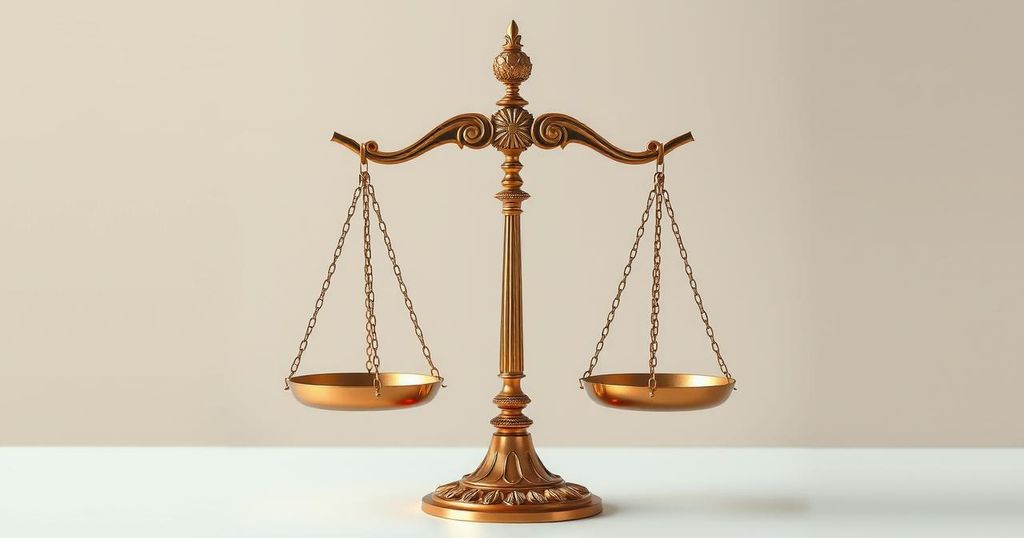

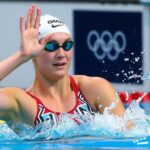


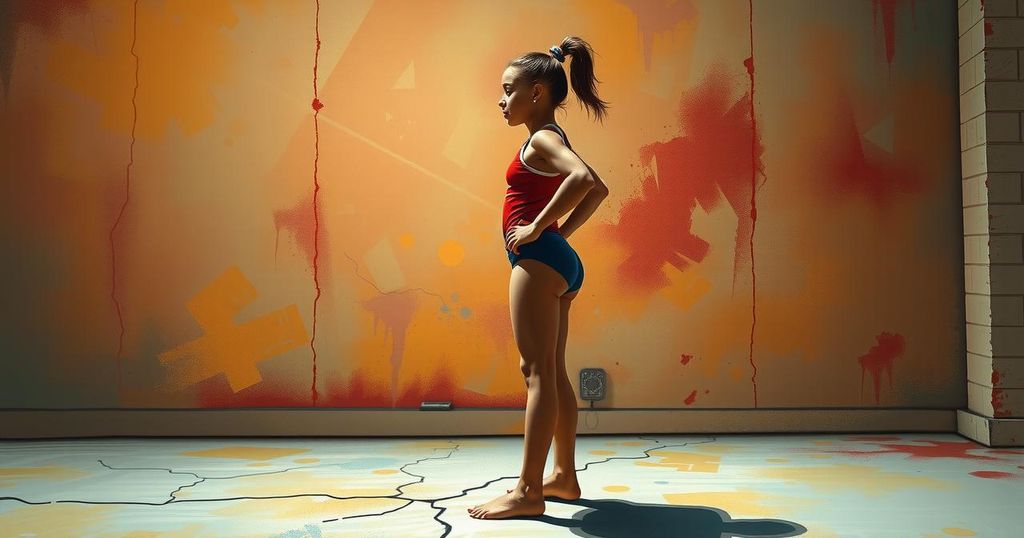
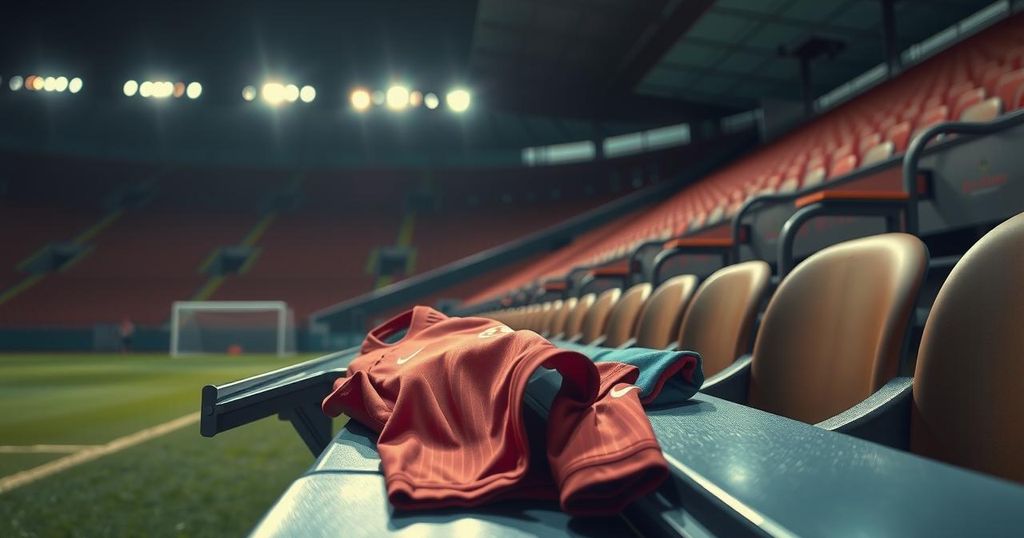
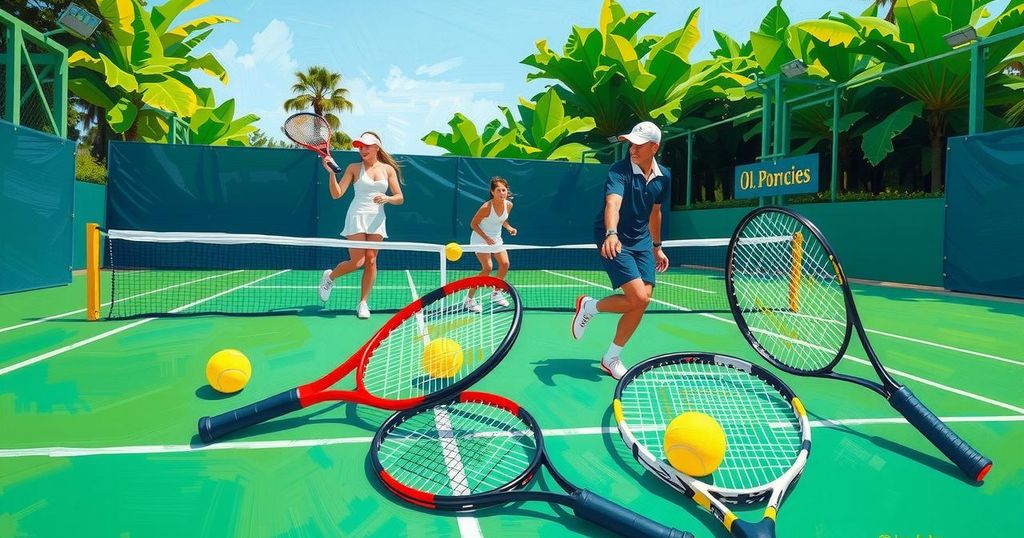
Post Comment